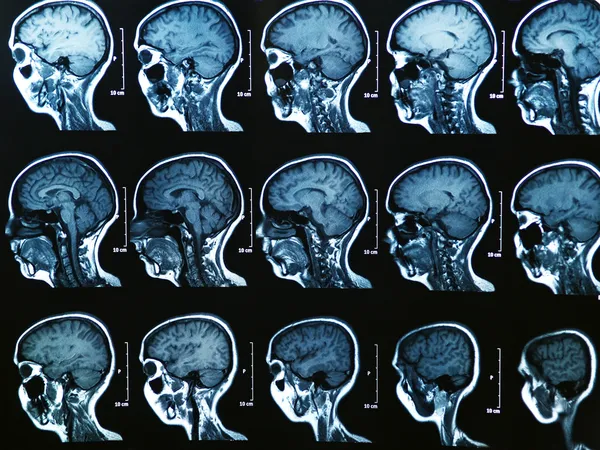A study by Duke University has shown that brain imaging scans of children aged 9 to 10 with a history of ADHD unveils only very minimal distinctions in structural brain measurements when compared to their healthy counterparts.
First published in The Lancet Psychiatry, the data of over 10,000 children was analyzed by the research team. Nearly 1,000 of the participants had been diagnosed with ADHD.
The brain scans of those with ADHD were compared with those of the healthy group. The comparisons led to 11 distinct anomalies that stood out when comparing both groups of young participants.
“In the full model, which included potential confounding variables selected a priori, we found only 11 significant differences across the 79 brain measures after false discovery rate correction, all indicating reductions in brain measures among participants with ADHD,” the authors mentioned in their report.
“In a sample representative of the general population, children aged 9–10 years with ADHD differed only modestly on structural brain measures from their unaffected peers.”
“Future studies might need to incorporate other MRI modalities, novel statistical approaches, or alternative diagnostic classifications, particularly for research aimed at developing ADHD diagnostic biomarkers,” the authors inferred.


